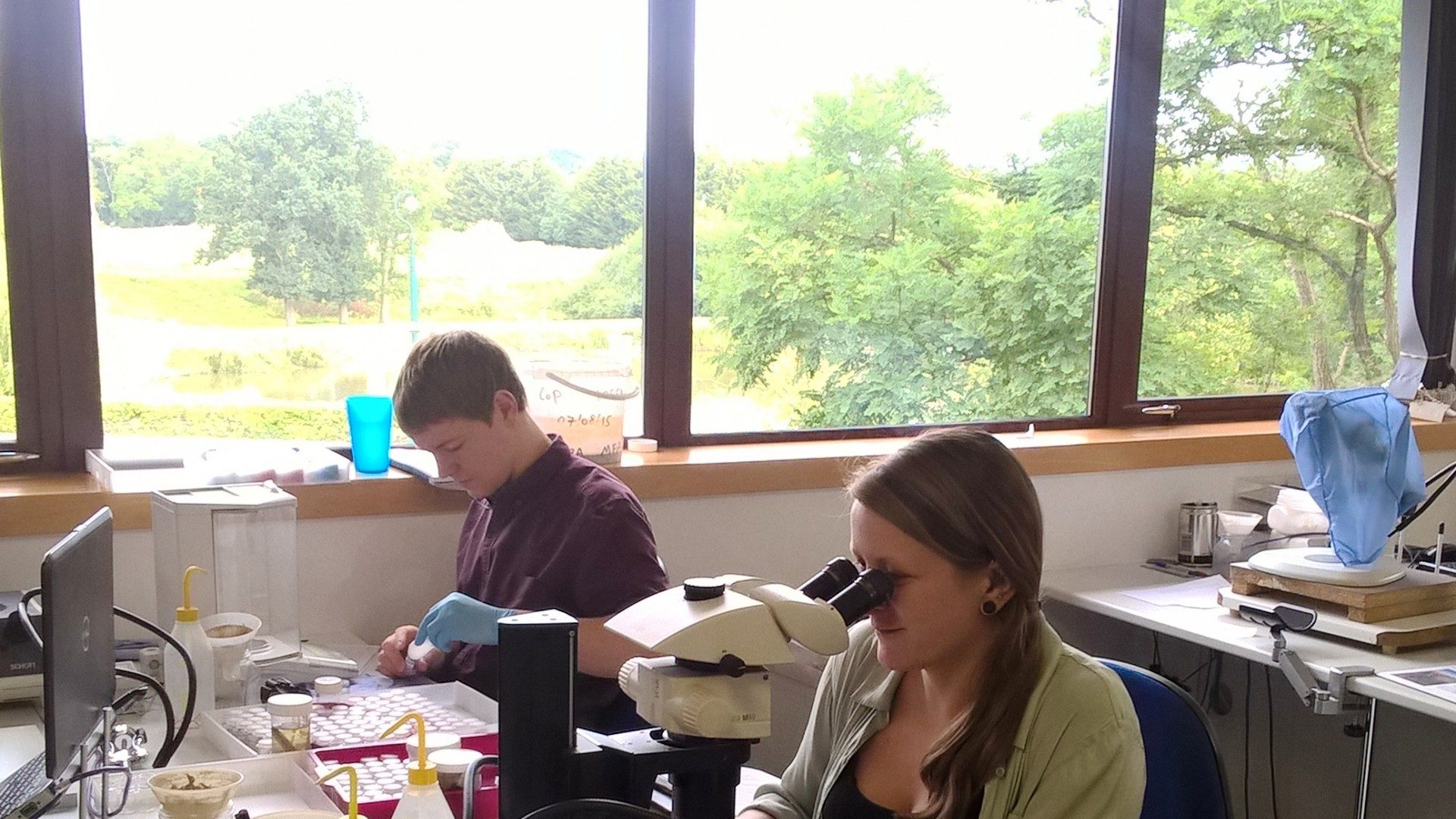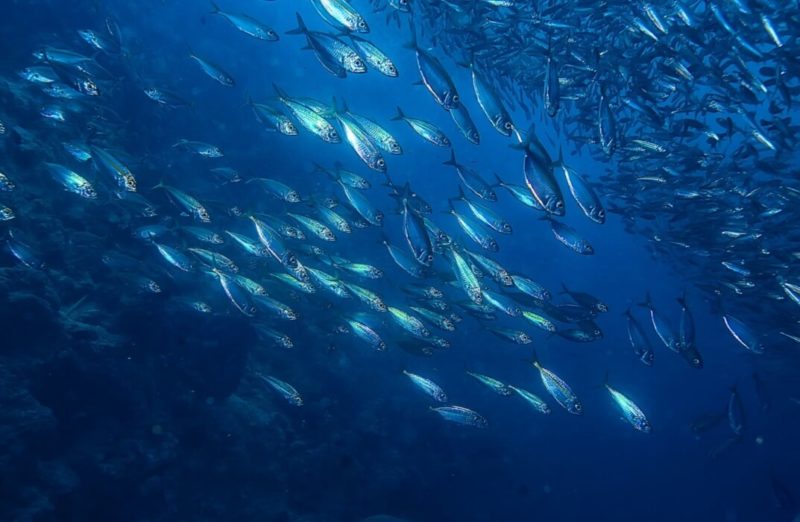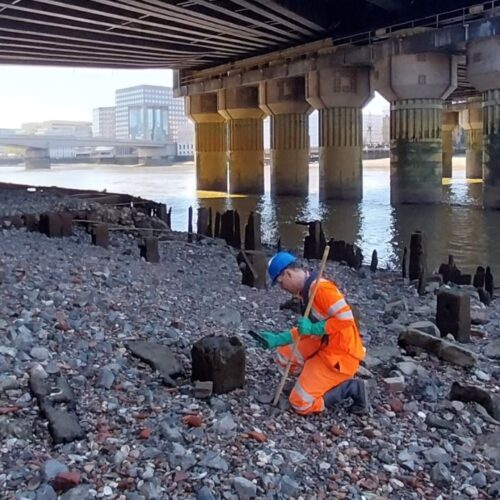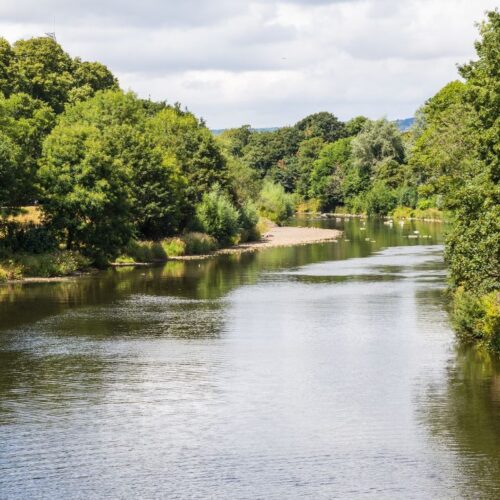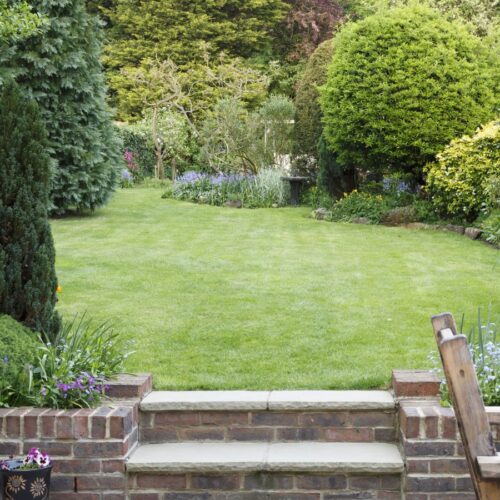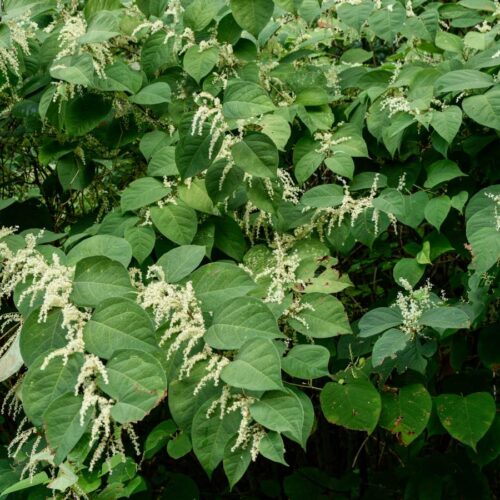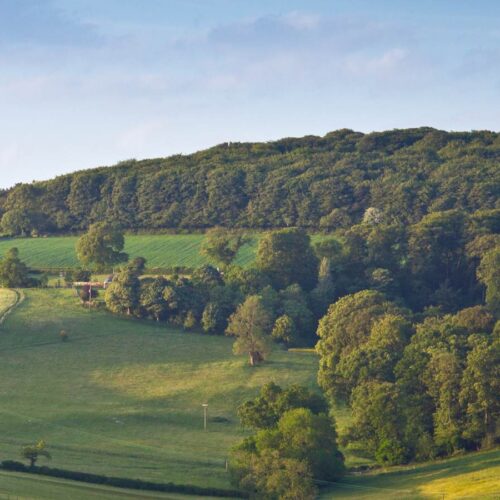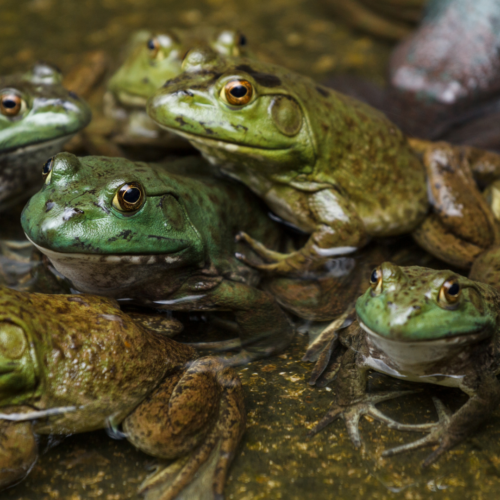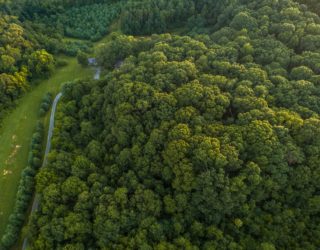Thomson Unicomarine are analysing samples on behalf of JNCC from the Geikie Slide and Hebridean
Slope Nature Conservation Marine Protected Area (NCMPA). These benthic samples were collected by JNCC in collaboration with Marine Scotland Science in July last year. The Geikie Slide and Hebridean Slope NCMPA, located north-west of Scotland, protects a 2,215 km2 area of the seabed descending from
the continental shelf at depths of 200 m down to the Rockall Trough. The Geikie Slide, named after the Scottish geologist Sir Archibald Geikie, resulted from a sub-marine landslide and the Rockall Trough is a deep sea channel extending to 1757 m below sea level. The site is believed to be significant for the health of Scotland’s seas due to the Hebridean slope affecting the movement of water currents. These currents bring with them an abundance of food, resulting in an increase in biological productivity in the area.
The NCMPA conserves a range of sediment types and associated biological communities. The habitat types change with depth down the slope due to different species’ tolerances to the harsh environmental conditions of the deep sea. These habitats support a diverse array of animals including mud shrimp, deep-sea crabs and sea urchins, as well as commercially important fish.
Previously biotope analysis has been undertaken at the site based on underwater photographs taken over a ten year period up to 1998. However, this is the first time that such detailed analysis of sediment samples will be undertaken. The samples will be processed at Thomson Unicomarine’s laboratory at the head office in Guildford, where our analysts will extract the fauna from the sediment and identify all the different species they encounter. To add to this exciting challenge the samples will be analysed to 0.25 mm, when analysis to 0.5 mm is standard for this type of benthic sample.
